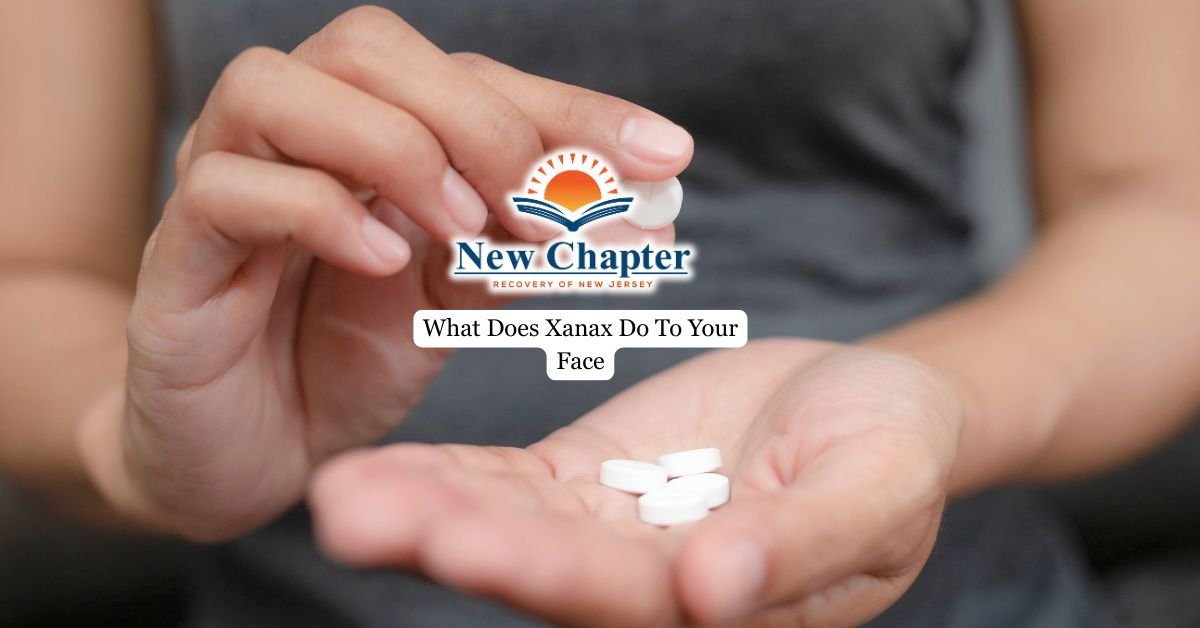If you or someone you know takes Xanax, a commonly prescribed medication for anxiety and panic disorders, understanding the potential dangers of overdose could be a lifesaver. While Xanax may provide much-needed relief, it also carries serious risks if not used carefully.
This guide will walk you through everything you need to know about Xanax overdose symptoms to take quick, potentially life-saving action.

Can You Overdose on Xanax?
Yes, it is possible to overdose on Xanax, especially when taken in excessive amounts or combined with other substances. The risk increases significantly when Xanax is mixed with alcohol, opioids, or other central nervous system depressants, as these amplify the sedative effects.
The recommended dosage varies depending on individual health factors, but exceeding prescribed amounts can quickly lead to dangerous consequences.
If you find yourself needing more to feel the effects of using it despite adverse consequences, you could be developing a substance use disorder. Professional rehabilitation programs offer supportive environments to help you safely cease use while addressing any underlying issues, like anxiety disorders.
What Exactly Is a Xanax Overdose?
A Xanax overdose happens when you take more of the medication than your body can safely process. As a central nervous system depressant, Xanax works by slowing down brain activity. But cross the line, and you’re entering dangerous territory.
Overdoses can occur in two primary ways:
- Accidentally taking too much medication
- Intentionally combining Xanax with other substances like alcohol or opioids
Symptoms of a Xanax Overdose
According to the American Addiction Center, you should look for extreme drowsiness, confusion, and disorientation, which indicate significant cognitive impairment.
As the situation worsens, signs can include slowed or stopped breathing, leading to respiratory depression—a critical issue. Physical symptoms might manifest as ataxia, slurred speech, or cold, clammy skin. Be alert for profound confusion, loss of balance, or unresponsiveness, all of which require immediate medical attention.
A blue tint to the lips or fingernails indicates severe oxygen deprivation.
What to Do if Someone Overdoses on Xanax
If you suspect someone has overdosed on Xanax or is experiencing any type of overdose, calm down, act quickly, and call 911 for urgent medical assistance. While waiting for help, stay with the affected individual and monitor their breathing and level of consciousness.
Look for signs like confusion, severe drowsiness, slurred speech, or difficulty breathing, which indicate a need for immediate intervention. Don’t try to make them vomit, as this could lead to choking or complications.
Avoid giving them anything to eat or drink, as it may worsen the situation.
When emergency responders arrive, inform them about the suspected overdose and any other substances involved, as this information can guide their medical help and assessment.
Risk Factors for Xanax Overdose
If you’re mixing Xanax and alcohol or with opioids, the risk of overdose skyrockets. This polysubstance use amplifies the sedative effects, putting you at a higher danger of severe respiratory depression or even death.
You should also be aware that older adults or anyone with liver issues face an elevated risk due to impaired drug metabolism, heightening the potential for toxicity.
If you’re using Xanax consistently, you might develop increased tolerance, leading to higher doses that significantly raise the likelihood of overdose.
Who Is at Risk of a Xanax Overdose?
Anyone taking Xanax can experience an overdose, but certain factors increase the risk significantly. Individuals who take high doses or use Xanax recreationally are more vulnerable. The risk also increases when Xanax is mixed with alcohol, opioids, or other central nervous system depressants, as these substances amplify the calming effects of Xanax.First-time users and individuals with low tolerance may also be at higher risk, as their bodies are not accustomed to the drug’s effects. Those with underlying health conditions—particularly respiratory or liver issues—are more likely to experience severe complications.

Long-Term Impacts of Xanax (benzodiazepine) Overdose
While surviving a Xanax overdose might seem like a relief, many individuals face long-term impacts that can drastically affect their lives. One significant consequence is the potential for chronic cognitive impairment, which can hinder daily functioning.
You might also find yourself grappling with increased anxiety and depression, leading to a reliance on other substance abuse to cope. A benzodiazepine overdose can heighten the risk of developing dependency, complicating future addiction treatment options.
Moreover, long-term withdrawal symptoms can create ongoing mental health challenges, requiring consistent therapeutic support. Physical health may also decline, with respiratory issues and erratic heart rates impacting your overall wellness and quality of life.
How to Find Treatment and Get Help for Xanax Misuse
Explore various treatment options available, such as Xanax rehab, which provides a structured environment for intensive support. These treatment programs help you focus on your recovery without daily triggers.
If you prefer more flexibility, consider outpatient or intensive outpatient programs that allow for therapy while maintaining some normalcy in your life. Additionally, dual diagnosis treatment can address any underlying anxiety disorders alongside your medication misuse.
Don’t forget to connect with support groups and mental health professionals, as they offer invaluable community support and shared experiences that can significantly enhance your recovery journey.
Final Thoughts from New Chapter Recovery
If you or someone you know is struggling with Xanax misuse or showing signs of an overdose, seeking immediate medical help is crucial. Prompt intervention can save lives and prevent severe complications like respiratory depression.
At New Chapter Recovery, we are aware of the hardships regarding overcoming Xanax addiction and are committed to providing compassionate, evidence-based support. Our recovery programs offer a safe and structured environment to help individuals regain control and build a healthier future.






